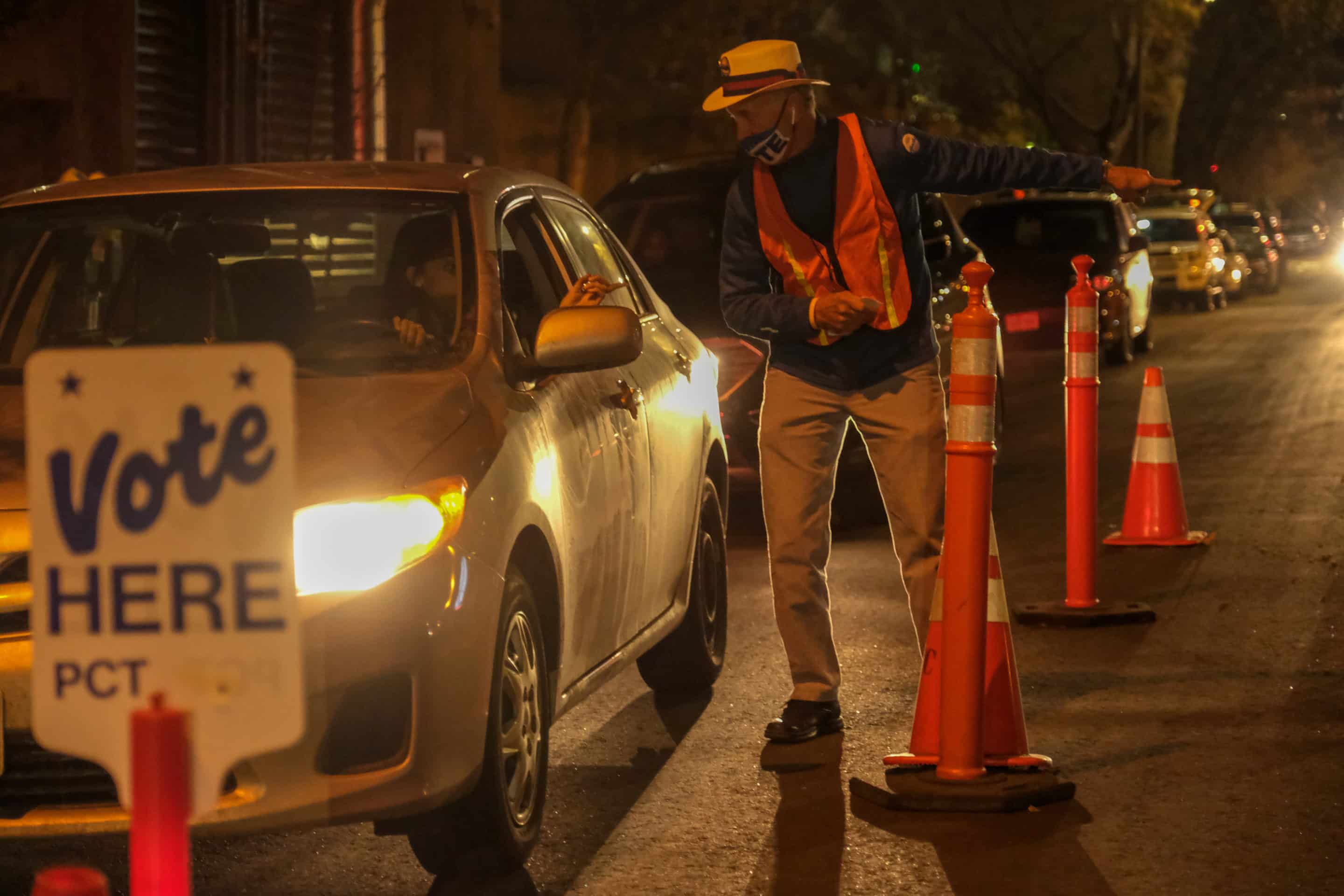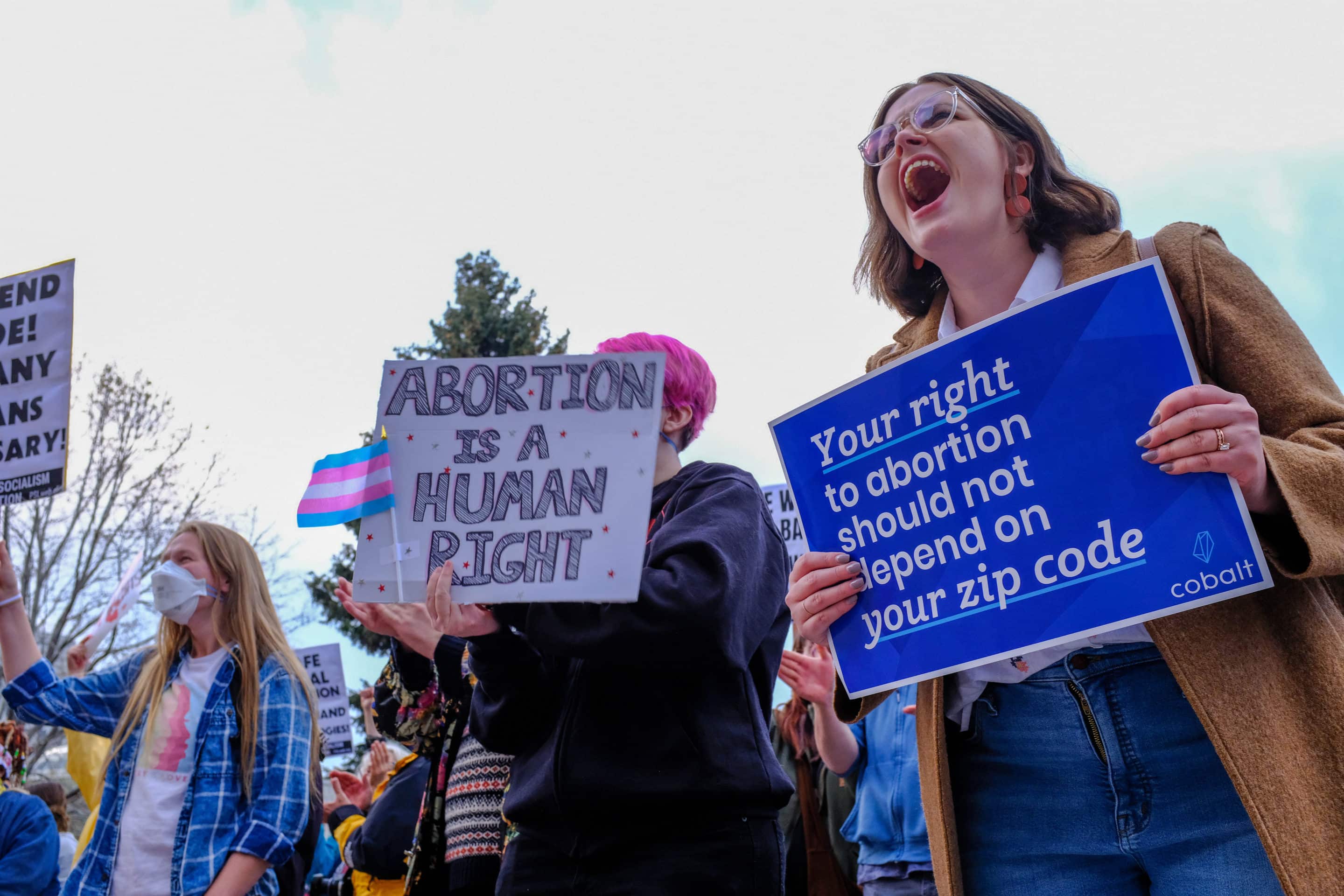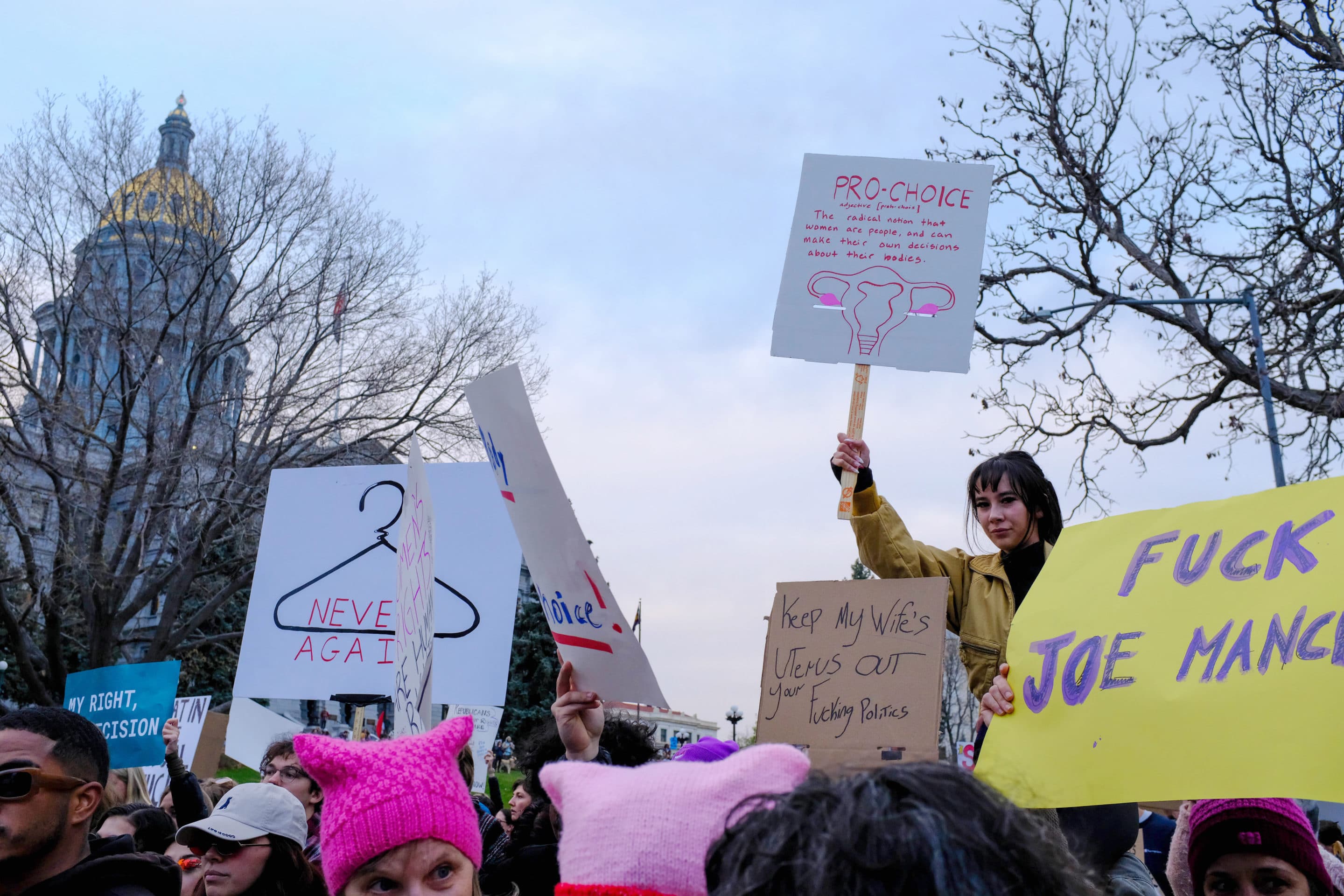//A Denver Elections Division worker points a voter toward an in-person polling place at a vehicle ballot drop-off location outside the Denver Elections Division building on Election Day. Photo by Esteban Fernandez | [email protected]
Denver residents this year had one of the longest ballots we’ve seen in a while. In all, there were 12 ballot measures of varying consequence to our everyday lives. Measures 2A, 2B and 2J are the ones where you’ll really see a difference.
Measure 2A – Climate Action Fund
Denver residents voted in favor of two ballot measures this year, which will increase sales taxes for environmental and social issues.
The first, Measure 2A, increases sales tax by 0.25%. It passed with 64% approval.
The sales tax aims to generate just over $40.8 million in 2021, which was revised downward from an earlier estimate given the economic downturn caused by the pandemic. The $40 million that is projected to be generated will be annually invested in programs that would reduce the city’s climate footprint.
The city plans on allocating these funds monthly, beginning in January 2021. Funds will be allocated toward increasing renewable energy use and decreasing consumption of fossil fuels. In addition, investments would be made in mass transit and paths for walking and biking. The increased investment in renewable energy would create new job opportunities in renewable and clean energy technology, as well as the management of natural resources.
Though this is a regressive tax, lawmakers plan on dedicating half of the revenue specifically to underserved communities. The bill has language focusing on racial equity and social justice as a way to curtail the burden placed on lower-income communities through the increased sales tax. Food, fuel, and feminine hygiene products will also be exempt from the tax increase.
Measure 2B – Homeless Services
After receiving 65% of voter support, Measure 2B increases sales tax to fund housing and homeless services. Revenue from the 0.25% increase is allocated toward better serving Denver’s homeless population. These services include housing and shelter, as well as job training and mental health.
This is particularly necessary now due to the pandemic. In 2020, shelter capacity decreased by about 56% due to state and city efforts to minimize the spread of the coronavirus. This has left Denver residents who are experiencing homelessness more vulnerable. Many of them have had to go from shelters to sleeping on the street.
The city plans on using the revenue immediately to assist the Department of Housing Stability’s COVID-19 needs.
Measure 2J – Pitbulls
Denver’s three-decade-long Pitbull ban was finally overturned with 64.5% approval from city residents. Though it repealed the ban, Measure 2J it still leaves in place, including a fee, toward registering Pitbulls with the city. Breed-restricted permits become available starting in January 2021.
Upon obtaining a permit, the dog must have no violations for three consecutive years. At that time, they may be registered with the city like any other breed. Denver is the largest city in the U.S. to have a breed-specific ban. According to the American Veterinary Medical Association, breed-specific bans don’t work. In fact, they create a false sense of security and de-emphasize the need for responsible pet ownership and socialization.
While it is true that there is data showing that Pitbulls are responsible for some dog bites or injuries, the issue is much more complex. When it comes to incidents, the breed of dog is often recorded incorrectly or not at all. Furthermore, statistics do not take into consideration the number of incidents by a single animal. Breed popularity is not static and makes comparing breed-specific bite rates unreliable. In a review conducted by the American Veterinary Medical Association Animal Welfare Division, there was a much stronger correlation between bite risk and responsible ownership, containment, and socialization—while any breed-specific correlations were weak or altogether absent.





0 Comments